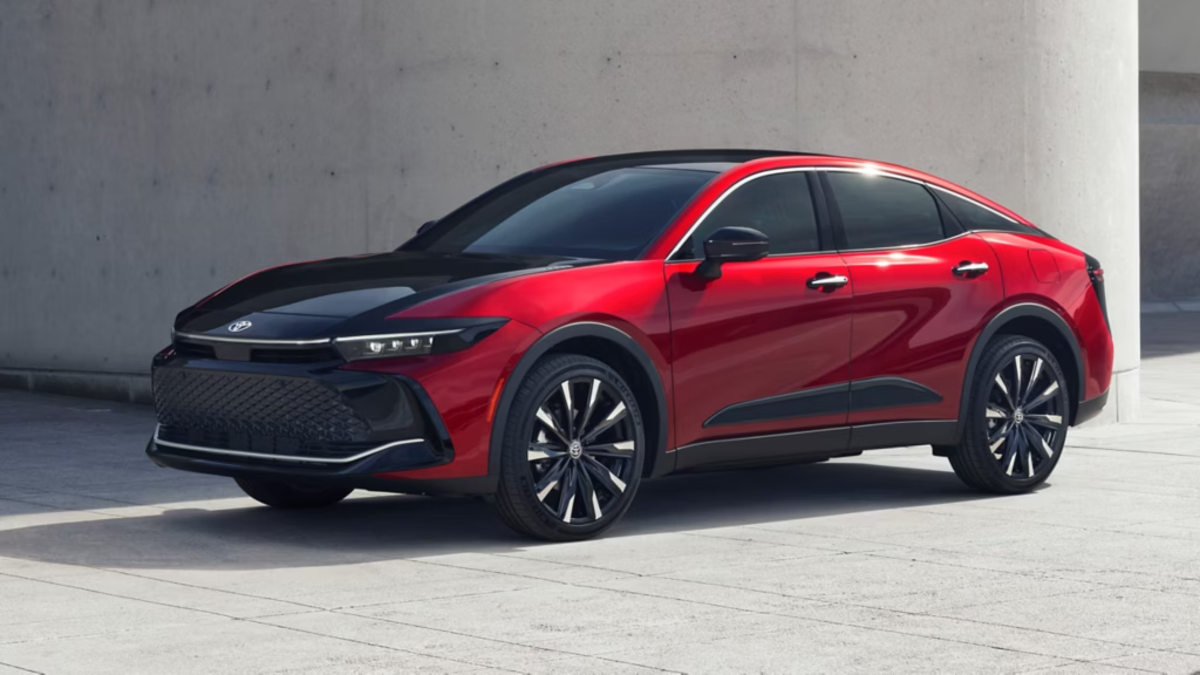Case Journeys
Exploring intriguing stories and insights from around the world.
Hybrid Cars: The Secret Life of Your Fuel-Sipping Friend
Discover the hidden benefits of hybrid cars and see why your fuel-efficient friend is a game changer for your wallet and the planet!
Understanding Hybrid Technology: How Do Hybrid Cars Work?
Hybrid technology refers to the use of two different power sources within a single vehicle. In the case of hybrid cars, this typically means combining an internal combustion engine (ICE) with an electric motor. The synergy between these two systems allows for improved fuel efficiency and reduced emissions. When driving at low speeds, hybrid cars often rely solely on the electric motor, which helps conserve fuel. At higher speeds or under heavy acceleration, the gasoline engine kicks in, providing additional power and torque. This intelligent management of the two power sources is key to the efficiency of hybrid vehicles.
Furthermore, hybrid cars are designed to automatically switch between the electric motor and the internal combustion engine depending on driving conditions. This means that during city driving, where frequent stopping and starting occurs, the electric motor can take over, while the gasoline engine can be utilized for highways or more demanding driving situations. Additionally, many hybrid vehicles feature regenerative braking, a technology that captures and repurposes energy typically lost during braking. By understanding how hybrid technology works, drivers can appreciate the benefits it brings to modern transportation, including lower fuel costs and a smaller carbon footprint.

Top Benefits of Driving a Hybrid Car: Saving Money and the Environment
Driving a hybrid car offers numerous benefits that can lead to significant savings in monetary terms as well as positive contributions to the environment. Firstly, hybrid cars are designed to maximize fuel efficiency, which means that drivers can enjoy lower fuel expenses compared to traditional gasoline vehicles. With fuel prices on the rise, the ability to travel longer distances on less fuel is an appealing advantage. Additionally, many hybrid cars come with tax incentives and rebates, further contributing to cost savings for the owner. These financial benefits make hybrid cars not just an environmentally friendly option but also a smart economic choice.
In addition to saving money, driving a hybrid car also plays a crucial role in reducing carbon emissions and promoting sustainability. By utilizing a combination of an internal combustion engine and electric power, hybrid vehicles significantly decrease the amount of greenhouse gases released into the atmosphere. This reduction helps combat climate change and protects our planet. Furthermore, with less reliance on fossil fuels, hybrid cars help to conserve natural resources, making them a responsible choice for environmentally conscious consumers. The collective impact of many individuals choosing hybrid cars can contribute substantially to a healthier, cleaner planet.
Common Misconceptions About Hybrid Cars: What You Need to Know
Hybrid cars have gained significant popularity in recent years, yet many potential buyers still harbor common misconceptions that can cloud their judgment. One prevalent myth is that hybrid vehicles are less powerful than traditional gasoline cars. This is simply not true; hybrids leverage both an electric motor and a gasoline engine, enabling them to deliver impressive acceleration and performance. Moreover, advancements in technology have allowed manufacturers to design hybrid systems that effectively enhance driving dynamics, proving that efficiency does not have to come at the cost of power.
Another widespread misconception is that hybrid cars are prohibitively expensive and do not save money in the long run. While it's true that the initial purchase price of a hybrid vehicle may be higher than that of a comparable gasoline car, this is often offset by lower fuel costs and tax incentives. According to various studies, the average hybrid can save drivers substantial amounts on fuel over its lifespan. Additionally, as the market has expanded, the price of hybrid vehicles has become more accessible, making them a viable option for many consumers.